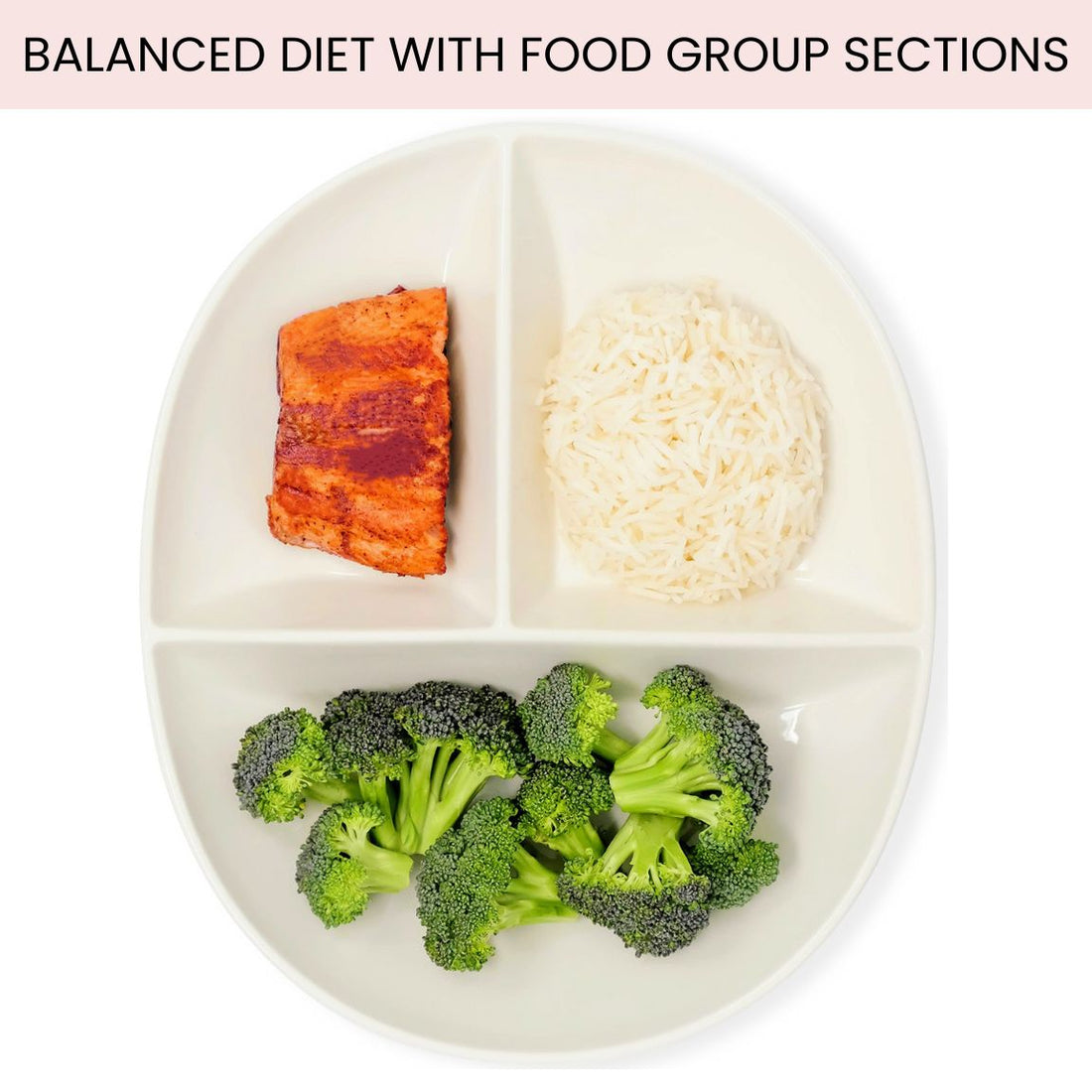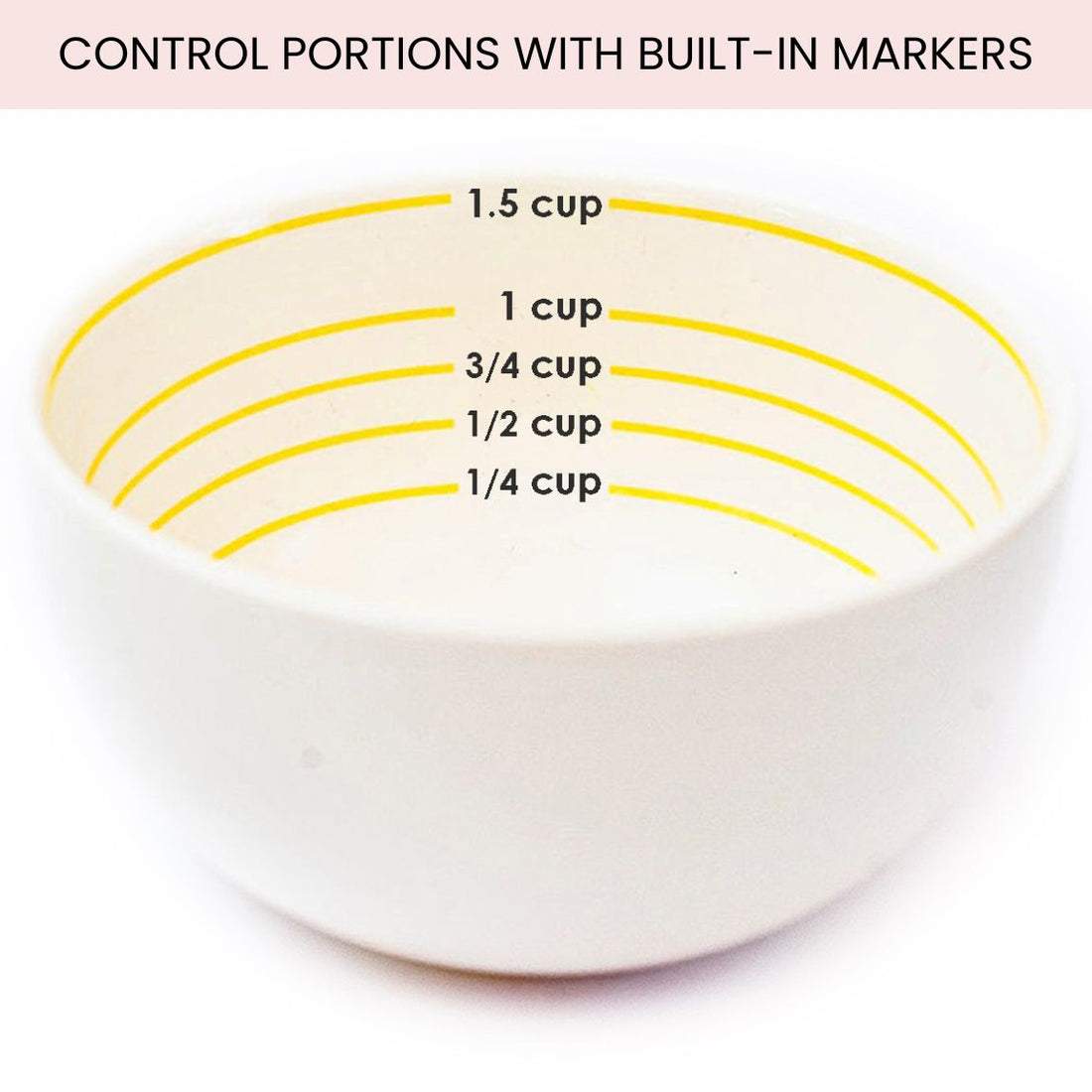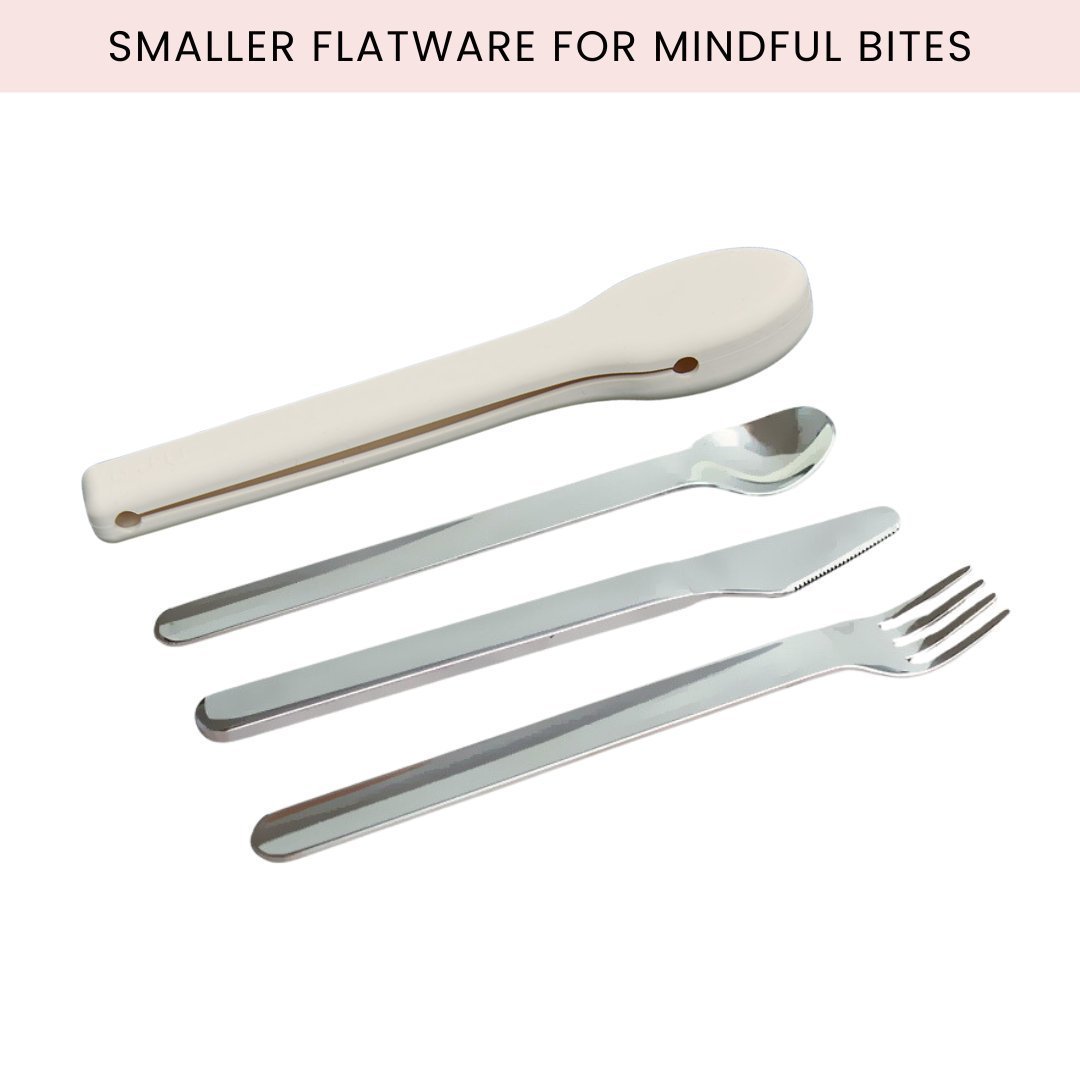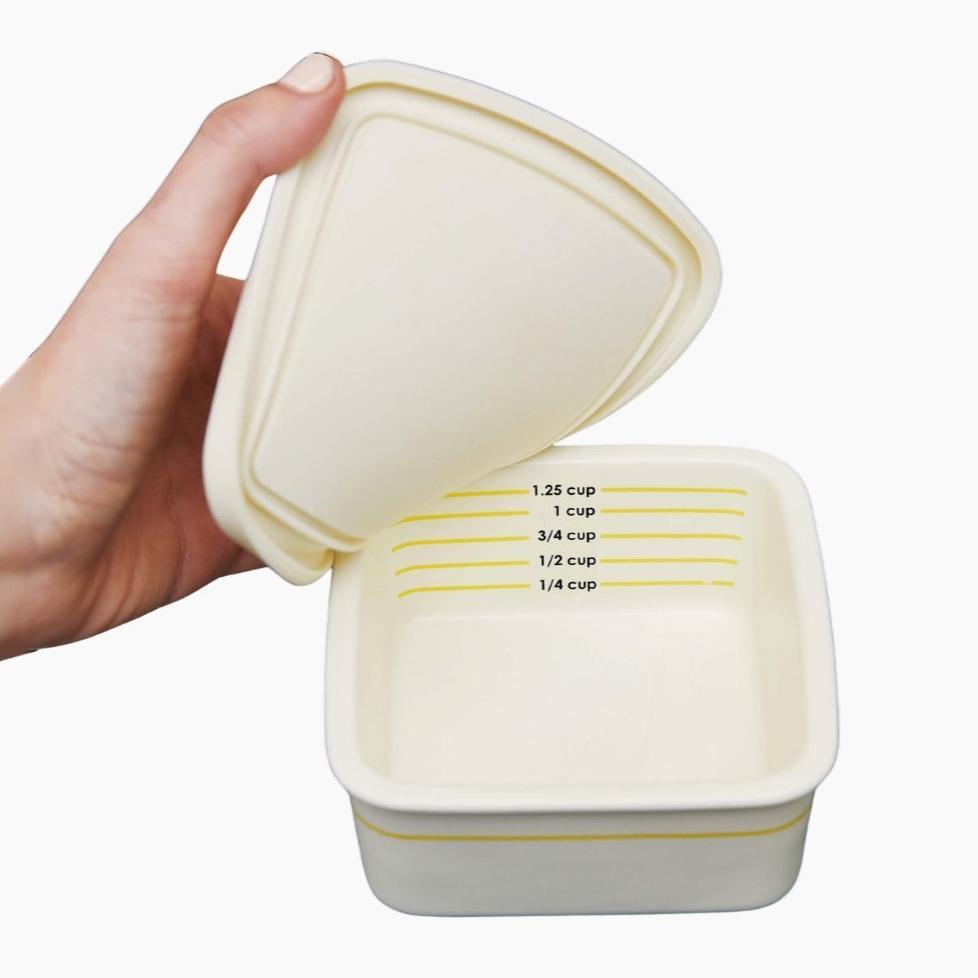Why Vitamins are Crucial After Bariatric Surgery
Bariatric surgery, while highly effective for weight loss, can interfere with your body’s ability to absorb vitamins and minerals. This is particularly true for surgeries that alter your digestive tract, such as gastric bypass or sleeve gastrectomy. Because of these changes, bariatric patients are at higher risk of developing nutrient deficiencies.
Here’s why vitamins are so essential after surgery:
- Support Healing: Vitamins like Vitamin C and Zinc are vital for wound healing post-surgery.
- Prevent Deficiencies: Lack of key nutrients like Vitamin D, Calcium, and Iron can lead to long-term health issues, including anemia and bone loss.
- Boost Energy: B Vitamins, particularly B12, are necessary to maintain energy levels and overall well-being.
- Improve Immune Function: Vitamins such as A and E play essential roles in supporting immune health and protecting against illness.
Given the risk of malabsorption, it’s crucial that bariatric patients take vitamin supplements daily and closely monitor their nutritional intake with their healthcare provider.
Essential Vitamins for Bariatric Patients
The following are the key vitamins that bariatric patients need to focus on after surgery:
| Vitamin | Benefits | Common Sources |
|---|---|---|
| Vitamin B12 | Supports energy production and prevents anemia | Meat, dairy, eggs, and fortified foods |
| Vitamin D | Essential for calcium absorption and bone health | Sunlight, fatty fish, fortified dairy |
| Calcium | Crucial for maintaining bone strength | Dairy, leafy greens, fortified foods |
| Iron | Prevents fatigue and anemia | Red meat, beans, fortified cereals |
| Folate | Supports cell production and DNA repair | Leafy greens, legumes, fortified grains |
| Vitamin A | Boosts immune function and eye health | Carrots, sweet potatoes, leafy greens |
| Vitamin C | Aids in wound healing and boosts immune health | Citrus fruits, tomatoes, bell peppers |
Each of these vitamins serves an important role in helping your body recover from surgery, maintain health, and prevent deficiencies. You may need to take these vitamins in supplement form to ensure you’re getting enough, as diet alone may not be sufficient post-op.
Recommended Supplements for Post-Bariatric Patients
Because bariatric surgery affects your ability to absorb nutrients from food, daily supplementation is essential. Here are some recommended supplements you should consider after bariatric surgery:
| Supplement | Why You Need It | Recommended Dose |
|---|---|---|
| Calcium Citrate | Helps maintain bone health; better absorbed than calcium carbonate | 1200-1500 mg daily |
| Vitamin D3 | Supports calcium absorption and bone health | 3000-5000 IU daily |
| Iron | Prevents iron deficiency and anemia | 45-60 mg daily |
| Vitamin B12 | Supports nerve function and prevents fatigue | 500-1000 mcg weekly or monthly injections |
It’s important to take bariatric-specific multivitamins, as they are specially formulated to meet the unique nutritional needs of post-op patients. Speak with your healthcare provider about which supplements are best suited for your recovery plan.
Common Vitamin Deficiencies and Their Symptoms
Vitamin deficiencies are a real concern after bariatric surgery if proper supplementation is not followed. It’s important to be aware of the symptoms of deficiencies so that they can be addressed quickly.
| Vitamin Deficiency | Symptoms |
|---|---|
| Vitamin B12 | Fatigue, weakness, numbness, memory problems |
| Iron | Anemia, dizziness, shortness of breath, pale skin |
| Vitamin D | Bone pain, muscle weakness, depression |
| Calcium | Bone loss, muscle cramps, brittle nails |
| Vitamin A | Night blindness, dry skin, weak immunity |
If you notice any of these symptoms, it’s essential to consult with your healthcare provider and adjust your supplement regimen accordingly. Regular blood tests are recommended to monitor nutrient levels and catch any deficiencies early.
Tips for Staying on Top of Your Vitamin Regimen
Staying consistent with your vitamin regimen is key to avoiding deficiencies and maintaining good health after bariatric surgery. Here are some tips to help you stick to your supplement plan:
- Set Reminders: Use phone alarms or a medication app to remind you when to take your vitamins.
- Split Doses: Take smaller doses of calcium throughout the day for better absorption.
- Plan Ahead: Keep extra supplements in your bag or car to ensure you never miss a dose.
- Consult Your Doctor: Regularly check in with your healthcare provider to monitor vitamin levels and adjust your regimen as needed.
Following these steps will help ensure you’re getting the essential nutrients you need for a successful recovery.
Conclusion: Vitamins Are Vital for Post-Op Success
After bariatric surgery, vitamins play a crucial role in ensuring your body recovers and stays healthy. Essential nutrients like Vitamin B12, Vitamin D, Calcium, Iron, and others are often difficult to absorb post-op, making supplementation an absolute necessity. By staying on top of your daily vitamin regimen and monitoring your health with your doctor, you can avoid nutrient deficiencies and support your weight loss journey.
Remember, every patient’s needs may vary, so always follow the advice of your healthcare team when it comes to supplements and nutrition.









